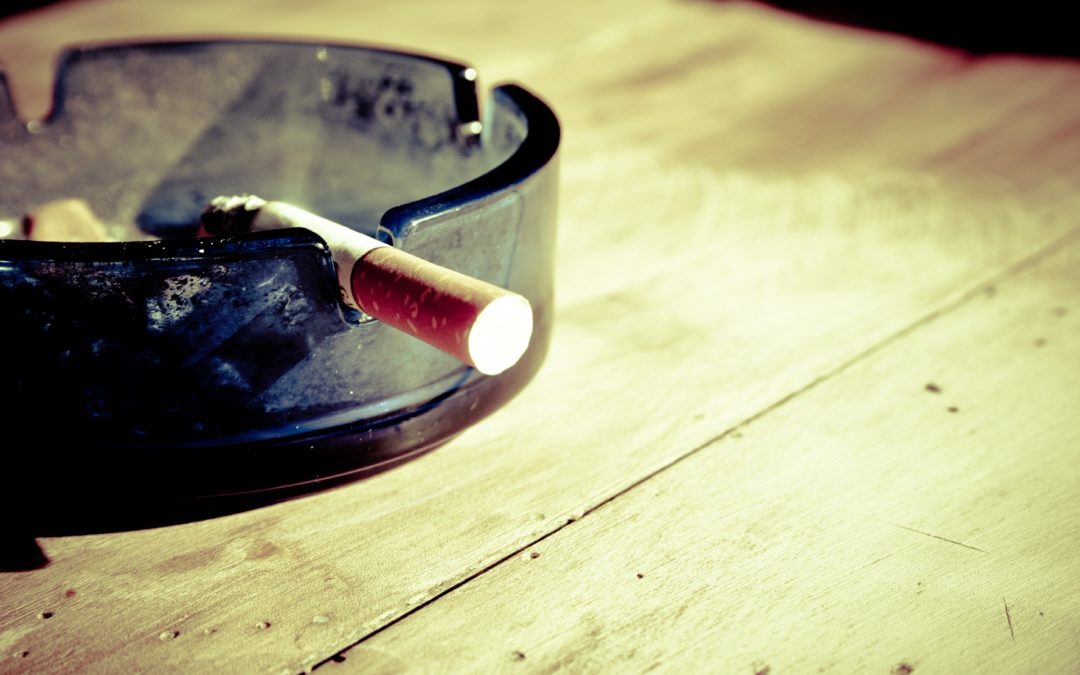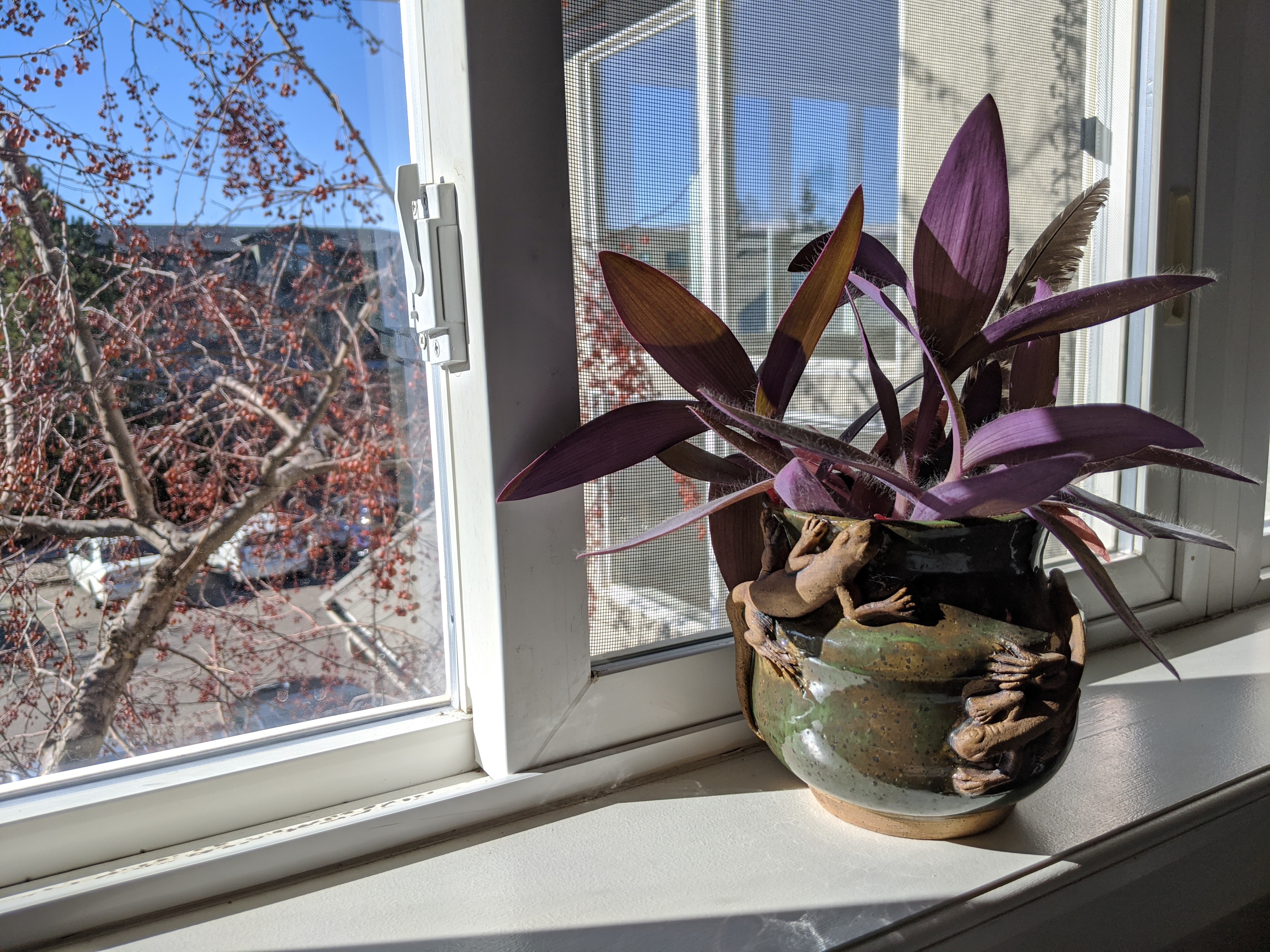For about 10 years, from 2017 to 2018, I have had an on-again, off-again emotionally abusive relationship with smoking.
I love it dearly, and yet it also ruins my day. I go long periods without picking up a cigarette, bumming one or two in double the number of months, and then suddenly I buy a pack. After then it’s on all over again, until I eventually hate it and what it is doing to me more than I love it, and I quit. Rinse and repeat. Over and over.
I once saw David Sedaris speak when I was an undergraduate at Indiana University, and he had recently quick smoking. He shared a piece he had written, which I don’t remember much of, but the opening line will always stay with me: “What people don’t tell you about smoking, is that smoking is wonderful”.
Even writing those words I feel a sigh of relief all over again. It’s true, at least for me, that there is something wonderful about smoking. There is something perfect about it, in the moment, yet the aftermath is ugly.
Though it’s true that numerous studies link smoking to cancer, emphysema, COPD, and other such horror shows of disease, it is easy to gloss over these circumstances. I don’t have any of them, and should I get them it is likely not for a long time. The short term perfection of a cigarette is much more alluring than a vague, possible threat much farther down the line.
A much more subtle effect however, one that is both harder to acknowledge and much more immediately obvious, is the impact it has on my mental health.
I smoke when I’m anxious, and smoking heightens my anxiety.
It makes me lethargic, uninterested in moving my body, and sad. There’s a part of me that is devastated every time I light a cigarette, and this slowly accumulates into a dull, bored, listlessness. It’s awful.
This might not be the case for you. I’m certainly not looking to tell you about your relationship to cigarettes, and it’s your job to explore how it works for you and what you want to do about it. I’m simply looking to share my struggle and what I’m learning about it, with the possibility that it might be resonant or helpful to others.
The epiphany for me in this is that I smoke when I’m anxious. Which clues me into why a cigarette can be so perfect. I smoke to avoid reality. For 6-12 minutes, while I sit with my cigarette, nothing else exists. It feels like a moment outside of time, in which I have no responsibilities or obligations, and yet I am also connected. I enjoy the scenery. I listen to the birds. I pet my dogs. I feel freedom and connection.
Who wouldn’t choose that over being an anxious hot mess?
As of this writing I am throwing away my most recent pack of cigarettes, and making a commitment to quit. To really quit. No bumming, no more packs on a whim, none of it. Realizing that the urge to smoke rises in response to anxiety, a desire for freedom and a sense of connection, I am instead going to turn my attention towards that.
What is it that is making me anxious? Can I, right now in this moment, do something that will set me free? Can I pet the dogs, listen to the birds, and stand outside for no other reason than I want to? That I am free to?
If you have made it this far, thank you for reading, and I invite you into the same inquiry. Maybe it’s cigarettes or some other drug you know you need to quit. Maybe it’s something a little more subtle, like TV, social media, or video games. What do these things protect you from? What do they give you, that is perhaps missing in the rest of your day to day?
If you choose to make a change, I invite you to join me in the process of investigation. Listen to what is bothering you, make space for it to be heard, and take whatever steps you can to get what you desire without the numbing, the cancer, the distraction. Talk to the people around you about your findings. It’s certainly true for me, that everything goes more smoothly when I don’t have to do it alone.




